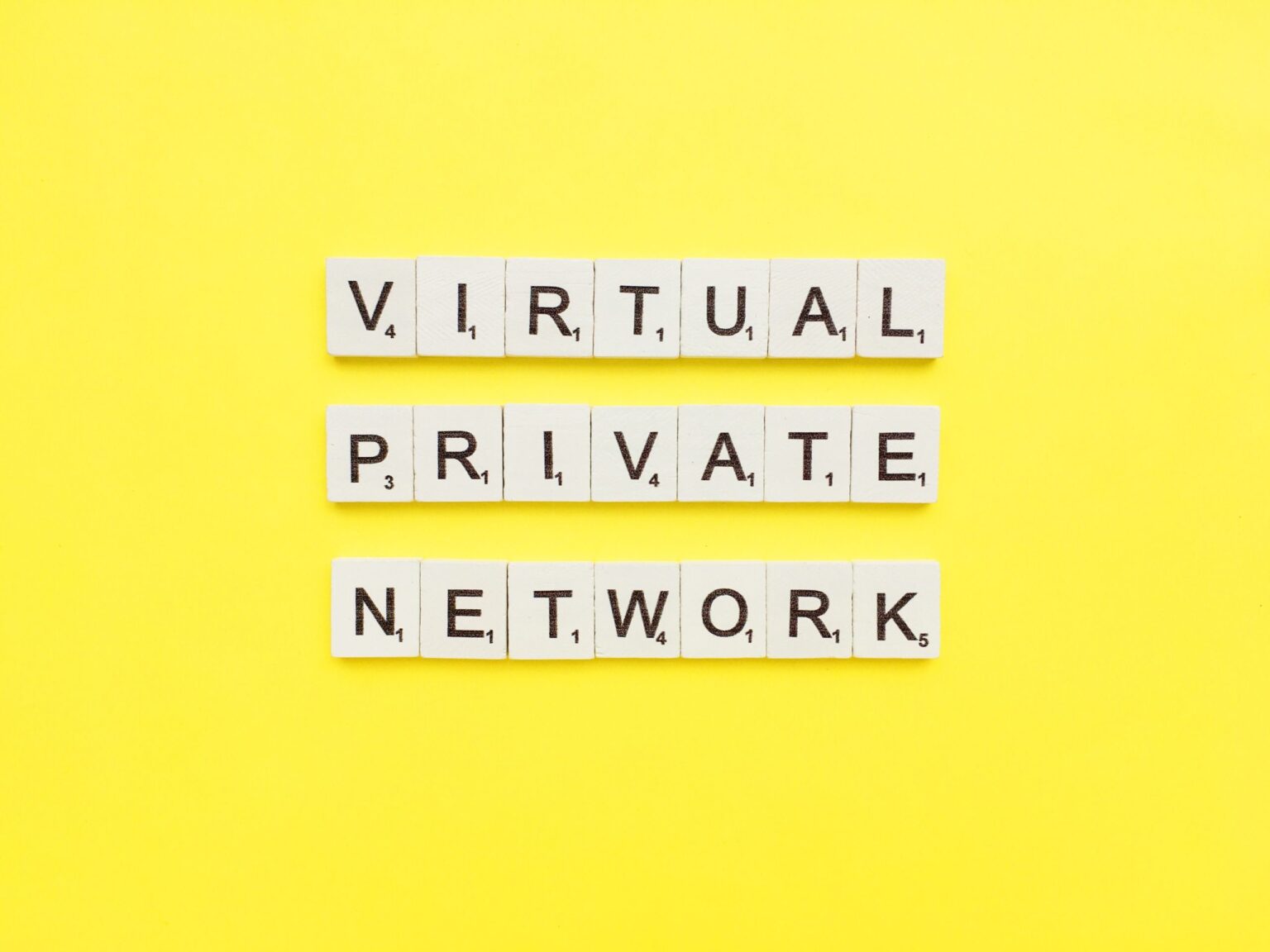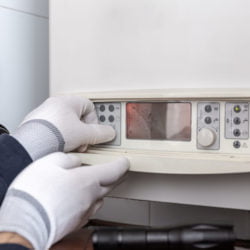A VPN, short for virtual private network, is a secure tunnel between your device and a remote server. When you connect to a VPN, all your web traffic is routed through this secure tunnel, meaning that your data is protected from prying eyes. VPNs are used for a variety of purposes, from protecting your privacy while browsing the web to accessing region-locked content. In addition, VPNs can even be used to spoof your location, allowing you to access websites that are blocked in your country. However, with so many providers, choosing the right VPN service is crucial. If you want to learn more, keep reading to find out about some of the qualities of a good VPN provider.
What are the qualities of a good VPN provider?

One of the most important qualities of a good VPN is reliability; it should have fast speeds with minimal latency issues. Additionally, the provider should have multiple servers available around the world so that you can find one close enough for optimal speeds. The encryption used by the provider should keep your data secure against hackers or other malicious actors. Find a VPN that uses modern security protocols like OpenVPN with AES 256 bits of encryption instead of outdated methods with weaker levels of protection.
Another key aspect of a good VPN is privacy policies; reputable providers will not record logs or store user activity data which means they cannot turn over any information if requested by law enforcement agencies or governments worldwide. Furthermore, these companies often offer features such as double-hop encryptions and kill switches which further enhance privacy and security measures even if something were to go wrong during your browsing session. Look for a VPN service that offers a strict no-logging policy.
Don’t forget about customer service. Your VPN provider should have a customer service team available 24/7 to ensure that any technical issues you experience can be quickly resolved. Having access to knowledgeable staff who can troubleshoot any problems you experience can make all the difference in ensuring your connection remains secure and uninterrupted over time
How else can you stay safe when you’re on the internet?

In today’s digital world, passwords are one of the most valuable tools we use to protect our data. As a result, you need to set complex passwords. A complex password is one that is difficult to guess. There are a few factors that make a password strong, including length, complexity, and randomness. A strong password should be at least eight characters long and contain a mix of upper and lowercase letters, numbers, and special characters. It should also be unique and not contain any words or phrases that could be easily guessed.
It’s no secret that public Wi-Fi is convenient, allowing you to access the Internet from anywhere. Still, you need to be cautious when you use public Wi-Fi, as it can allow hackers to steal your personal information. When you connect to a public Wi-Fi network, you’re opening yourself up to the possibility of having your data intercepted. You need to be sure that your device’s security settings are up to date. This includes regularly updating your operating system, installing the latest antivirus software, and enabling two-factor authentication.
Overall, finding a good VPN provider is essential to ensure your data and information is kept secure and private. A good provider should have strong encryption protocols, a no-logging policy, a good selection of server locations, reliable customer service, and a reasonable price. Using a VPN is only the beginning though, there is so much more you can do to protect yourself when you’re using the internet. You should always be careful when using public Wi-Fi, and ensure that your passwords are extremely complex. Follow these tips and you’ll be able to protect yourself whenever you’re on the web.






